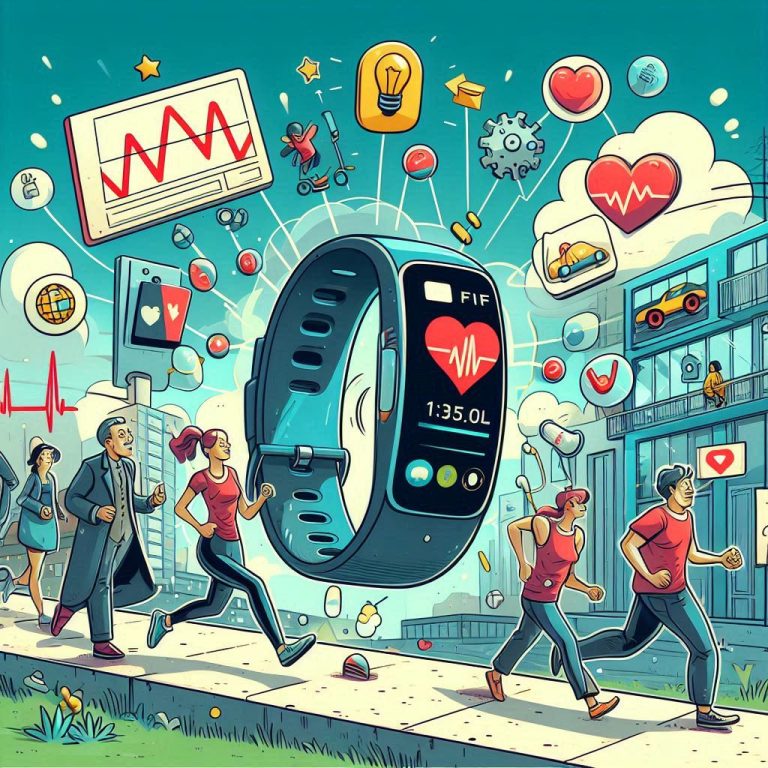Key facts
- We discussed about cybersecurity.
- Why cybersecurity important part of our digital life?
- How to prevent our data from hackers?
- We discussed about Role of Human Behavior in Cybersecurity.
In today’s digital age, cybersecurity isn’t just a buzzword—it’s a critical aspect of our daily lives. With the increasing reliance on technology, protecting our personal and professional information has never been more important. But what exactly is cybersecurity, and how can we, as individuals, contribute to a safer digital world?
Cybersecurity is a crucial field in today’s digital age, focusing on protecting internet-connected systems, such as computers, servers, mobile devices, and networks, from malicious attacks.
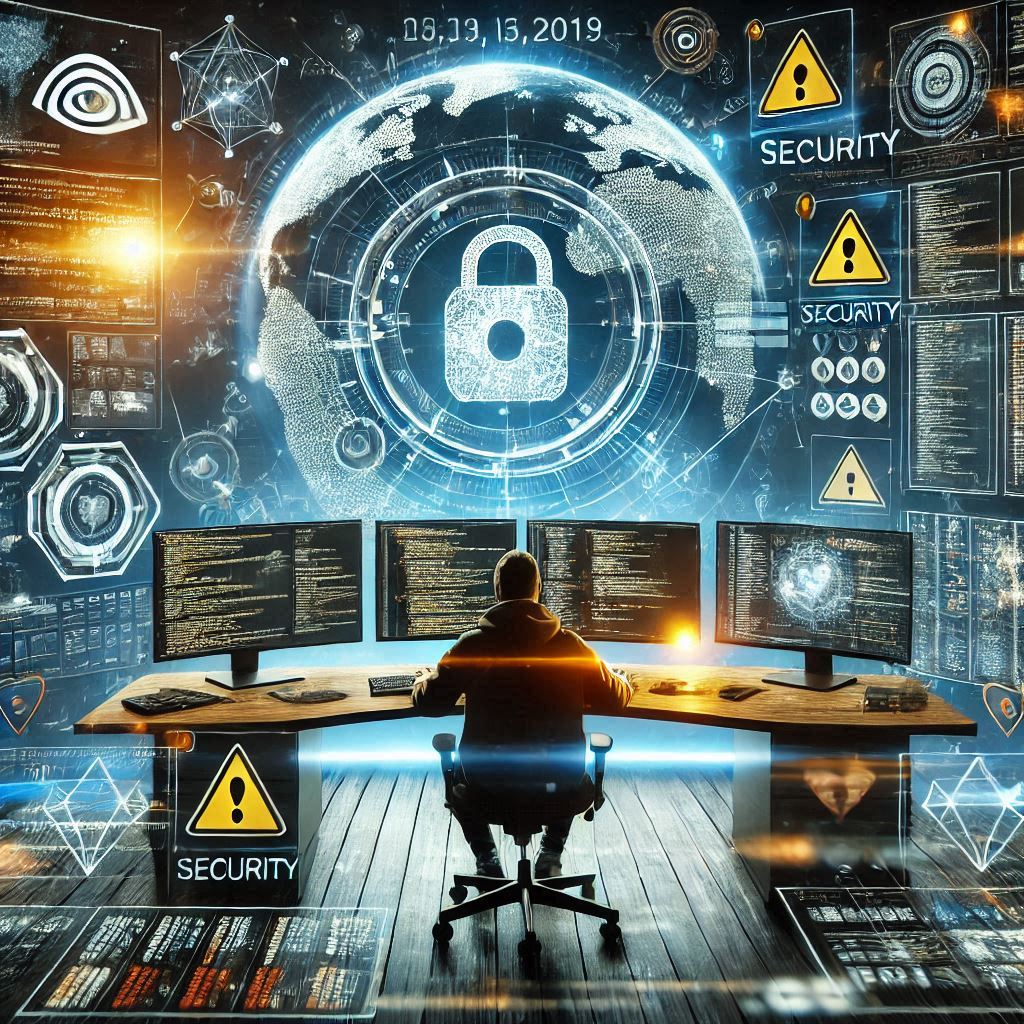
Understanding Cybersecurity
It refers to the practice of protecting systems, networks, and programs from digital attacks. These attacks often aim to access, change, or destroy sensitive information, extort money from users, or interrupt normal business processes. As technology evolves, so do the tactics of cybercriminals, making it essential for everyone to stay informed and vigilant.
This is most important part of our digital world, because some bad peoples doing fraud us to using some vulnerability of our network and software thus using us. Cybersecurity protect our data from hackers.
Common Cyber Threats
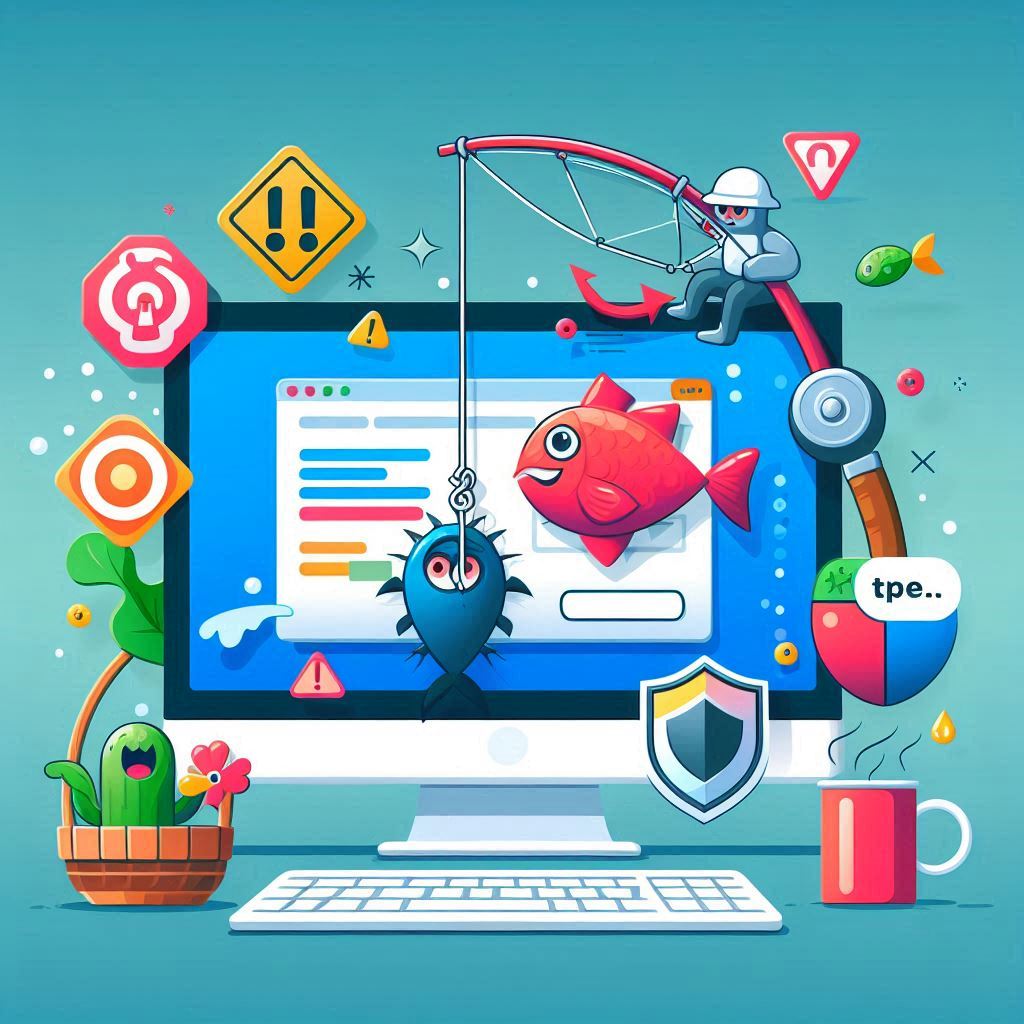
Phishing Attacks: Fraudulent attempts to obtain sensitive information, such as usernames, passwords, and credit card details, by disguising as a trustworthy entity in electronic communication.

Ransomware: A type of malicious software designed to block access to a computer system until a sum of money is paid.

Malware: Software specifically designed to disrupt, damage, or gain unauthorized access to a computer system.
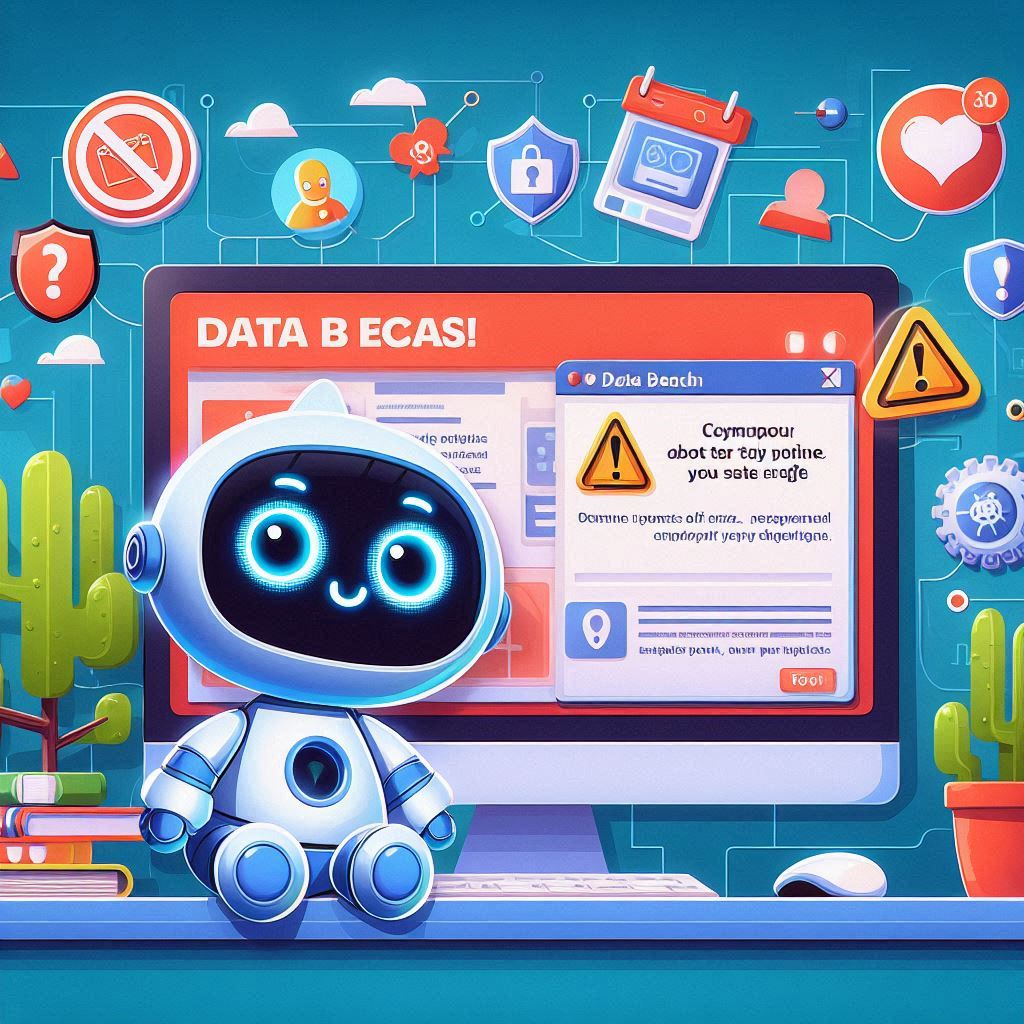
Data Breaches: Incidents where information is stolen or taken from a system without the knowledge or authorization of the system’s owner.
Tips for Protecting Yourself Online
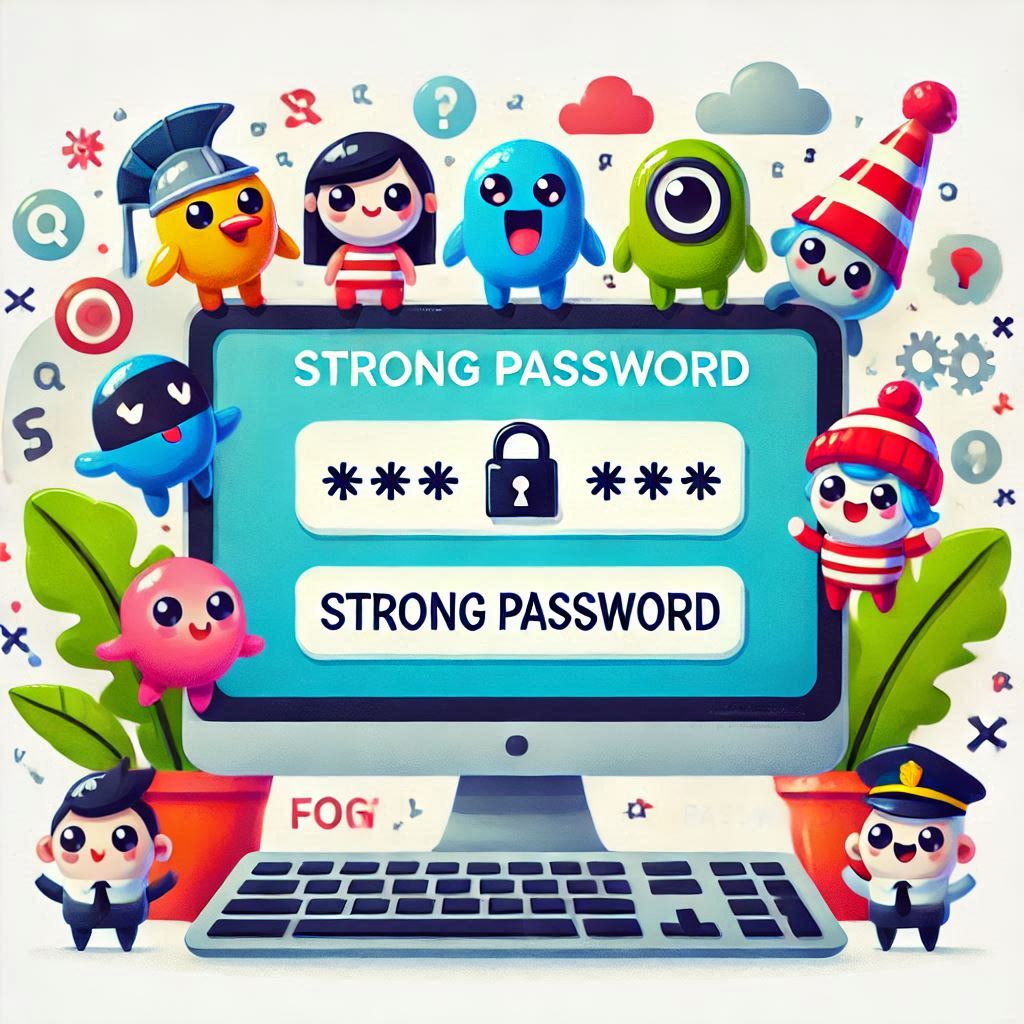
Use Strong Passwords: Create complex passwords that combine letters, numbers, and special characters. Avoid using easily guessable information like birthdays or common words.
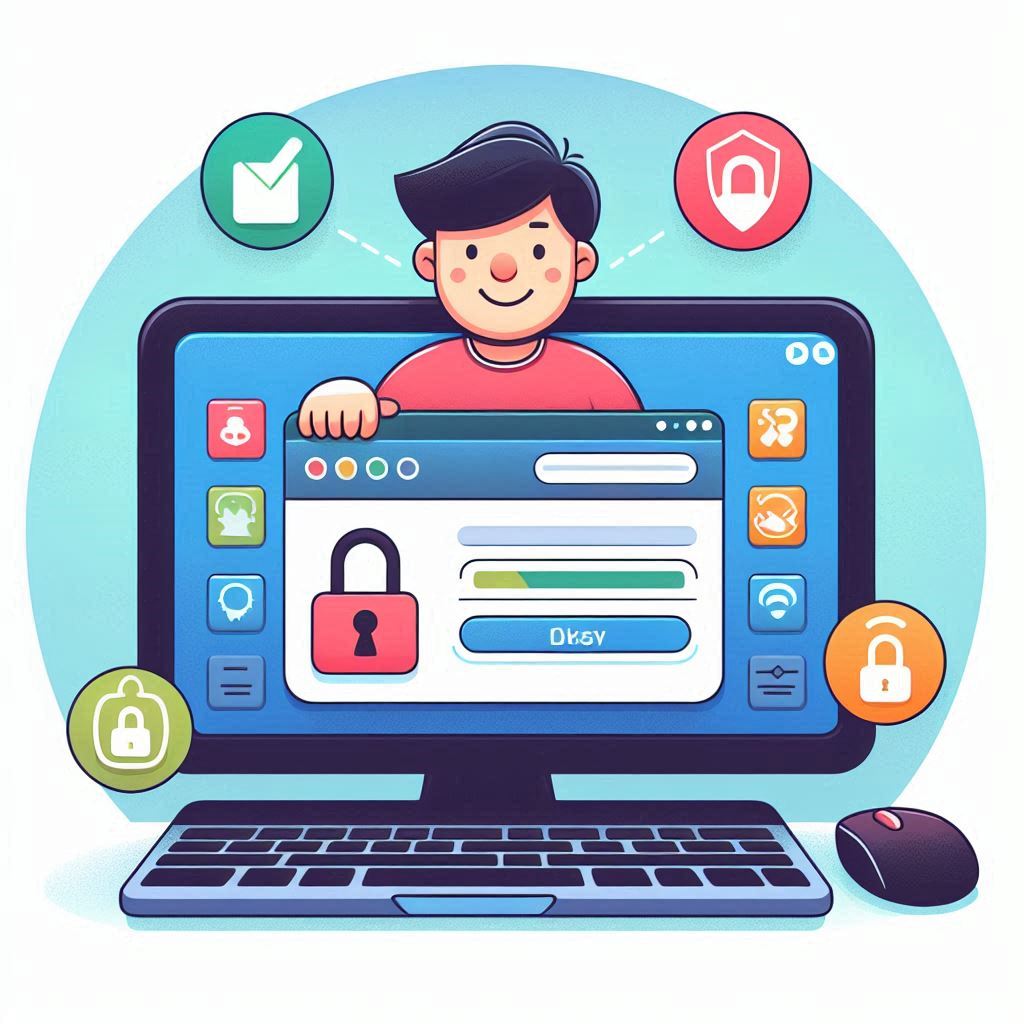
Enable Two-Factor Authentication (2FA): Adding an extra layer of security by requiring a second form of verification.

Regular Software Updates: Keep your operating system and applications updated to protect against vulnerabilities.
Be Cautious with Emails: Avoid clicking on links or downloading attachments from unknown sources. Always verify the sender’s identity.
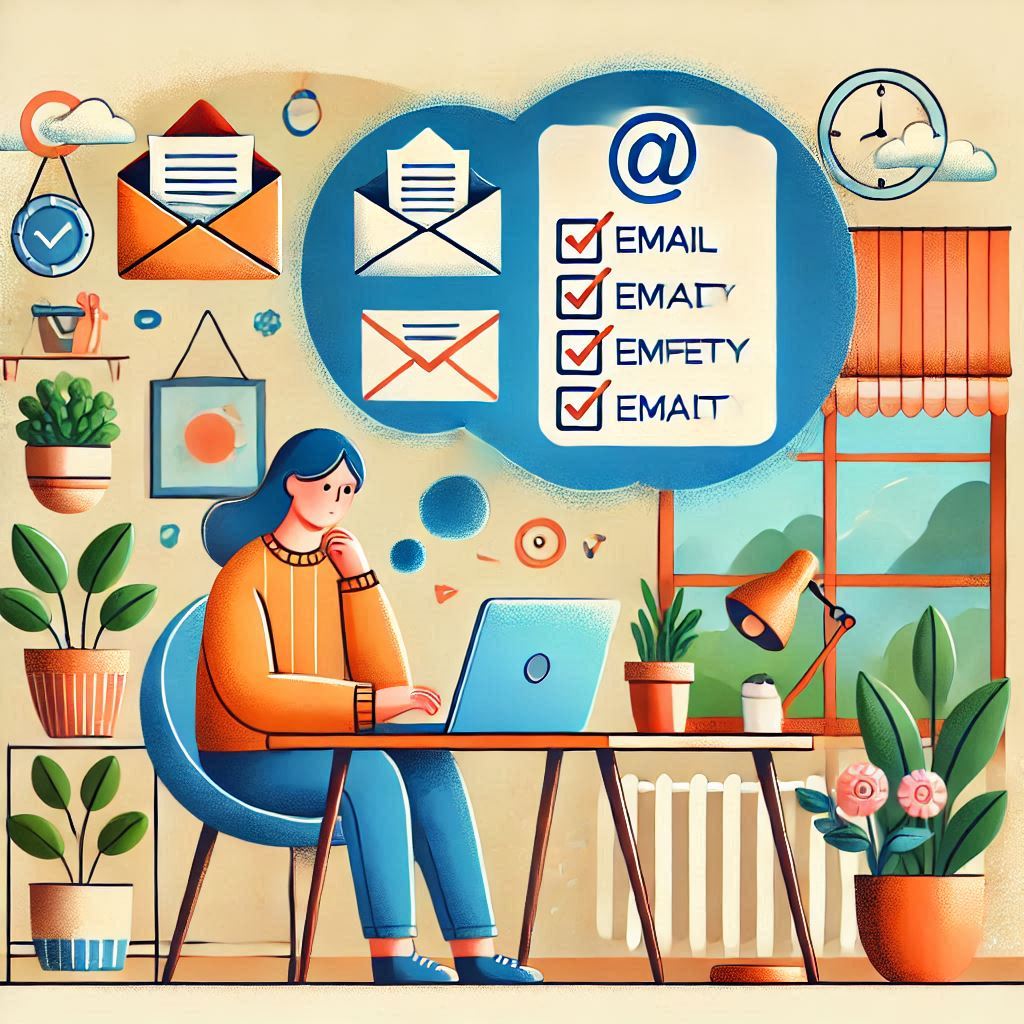
Secure Your Wi-Fi Network: Use strong passwords and encryption methods for your home network to prevent unauthorized access.

Backup Your Data: Regularly backup important data to an external hard drive or cloud storage to recover information in case of an attack
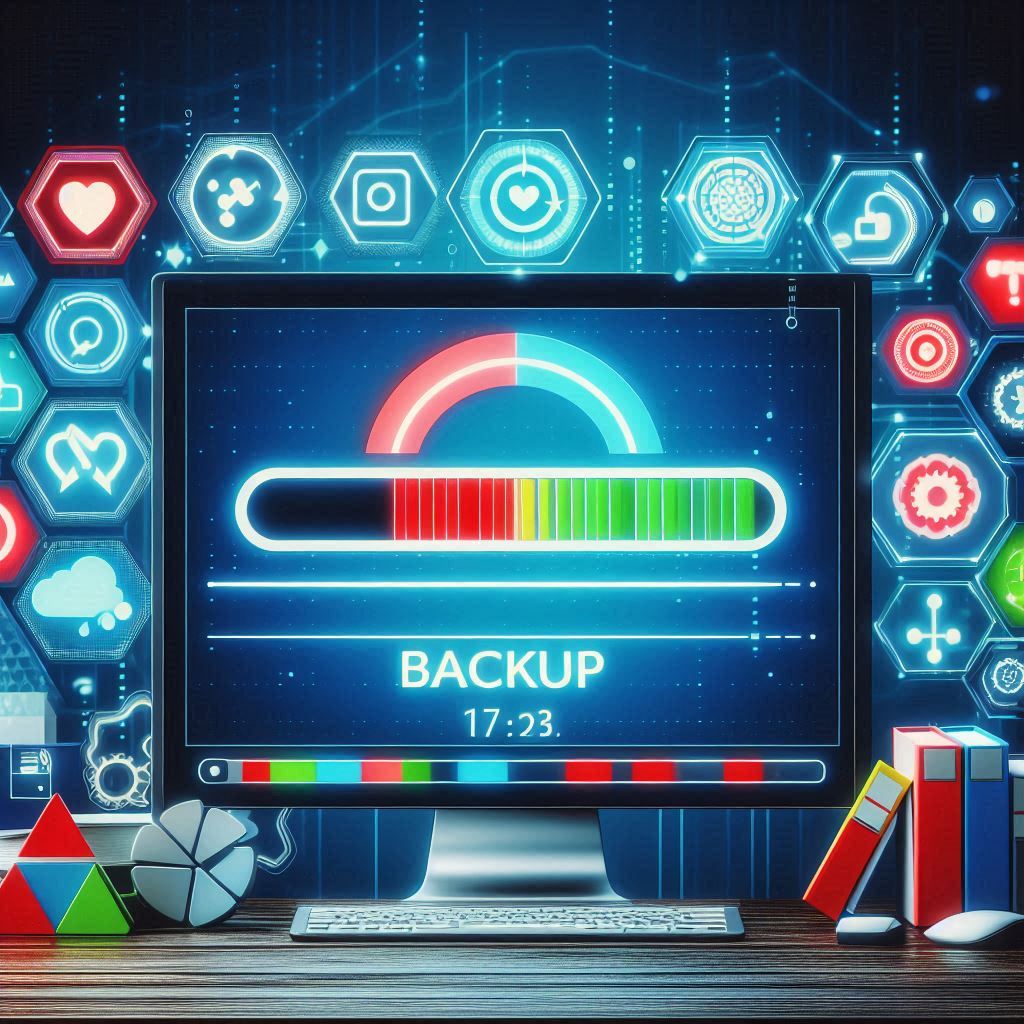
The Role of Human Behavior in Cybersecurity
Human behavior plays a significant role in cybersecurity. Often, cybercriminals exploit human error or lack of awareness. Here are some ways to cultivate a security-conscious mindset:
- Education and Training: Regularly participate in cybersecurity training sessions to stay updated on the latest threats and prevention methods.
- Healthy Skepticism: Always question the legitimacy of unexpected communications, whether via email, phone, or social media.
- Adopt Good Habits: Develop habits such as logging out of accounts when not in use, using encrypted communication methods, and disposing of sensitive information securely.
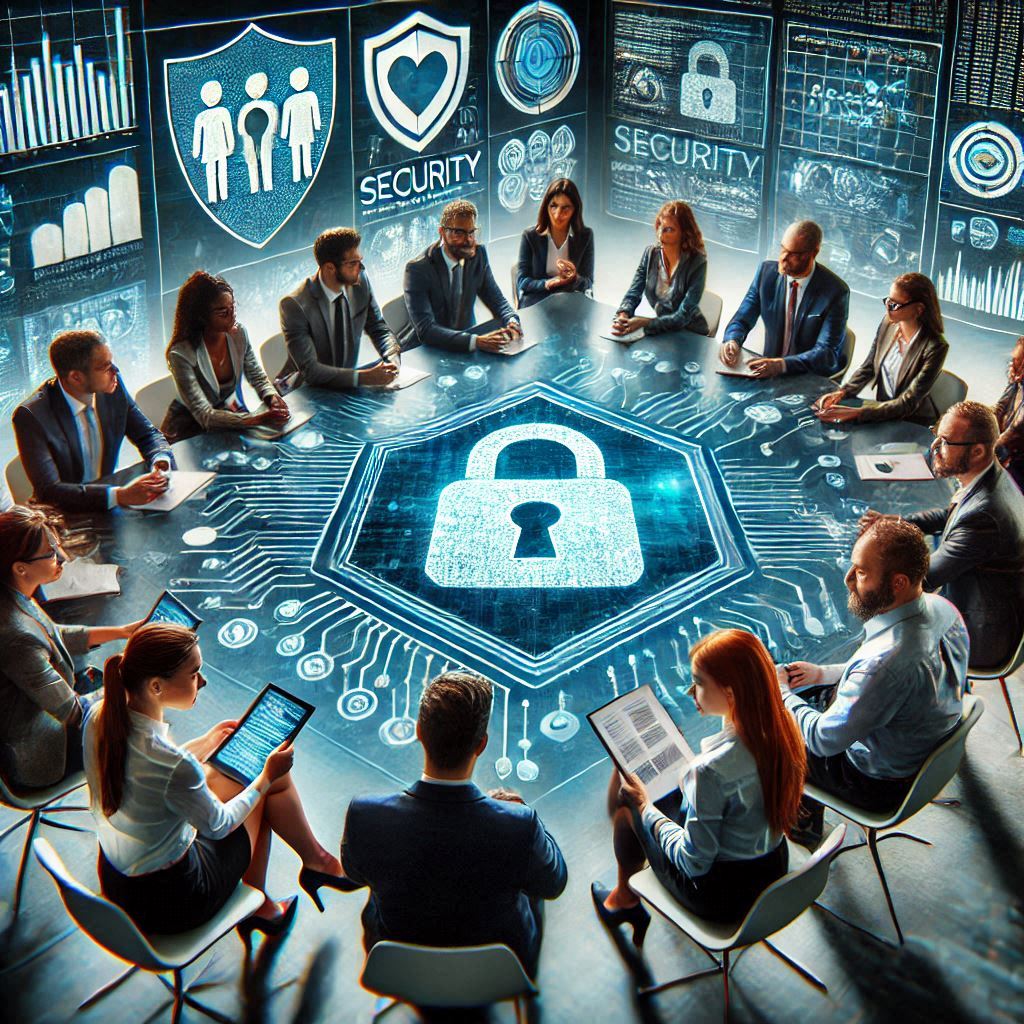
You can see these update for more information about cybersecurity.
7 Layers of Cybersecurity pic.twitter.com/TZHGlWvEix
— Security Trybe (@SecurityTrybe) January 14, 2025
Cybersecurity is a shared responsibility that involves both technological measures and human vigilance. By understanding common threats and adopting best practices, we can contribute to a safer digital environment. Remember, staying informed and proactive is key to protecting our digital lives.
Subscribe to our newsletter!

